Exploring the Floating Market in Dal Lake: A Unique Cultural Experience



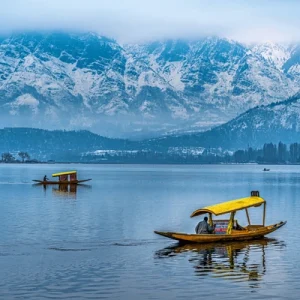
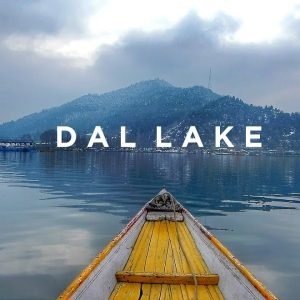
Table of Contents
ToggleKnown to the world as the “Jewel of Kashmir,” Dal Lake is famously admired both for its beauty and its serene houseboats as well as its floating market. The latter puts before its admirers a kaleidoscope of the rich cultural tapestry around which this market is woven in the shikaras-it has on offer from its vendors. We will systematically explore the history, importance, activities, and realities of the floating market in Dal Lake. It is quite a must-do thing for anyone visiting Kashmir.
1. Introduction to Dal Lake
Dal Lake is a quite impressive freshwater lake located in the heart of Srinagar, Kashmir. It is stunningly beautiful with majestic Himalayas and dotted with beautiful houseboats and shikaras. It stretches to about 18 square kilometers and has such fame because of its relation with the large number of lotus flowers blooming in its waters, so it is often called the “Lake of Flowers”.
The Nature of Dal Lake
Dal Lake is more than a tourist location-it is a way of life to many locals. The lake provides for fishermen both fishing and transportation services, while people perform agriculture on floating gardens. The cultivation of the floating gardens is achieved by local farmers. The unique system of Dal Lake together with the immense cultural value that has been bestowed on it makes it a must-visit location for any traveler.
2. History of the Floating Market
The floating market in Dal Lake dates back hundreds of years. In the initial period, local farmers and artisans would sell their produce and crafts directly from their boats. This was a trade system that grew as a natural extension after learning to address the logistical challenges in land transportation.
Transformation of the Market
As the floating market gained popularity as a tourist destination, it evolved further to cater to both the locals and tourists. Today, this marketplace displays a wide variety of products, ranging from fresh vegetables to handcraft items, sold off from the shikaras of the vendors. In a sense, this market truly encapsulates the spirit of Kashmiri hospitality as well as entrepreneurship.
3. Importance of the Floating Market
The importance of a floating market is not only because it contributes to the economy but also because of its influence on culture. It represents the culture of humans dwelling on the banks of Dal Lake and their affinity toward water.
Economic Importance
This market provides a huge amount of funds within the region to various families. These vendors rely on the market for the sale of their products to keep them in motion. It is also a tourist destination; hence it keeps the local economy busy.
Cultural Heritage
The floating market is a living proof of Kashmiri culture. It conserves the traditional practice of the vendor community and promotes a community spirit. It’s a beautiful atmosphere, with colors dancing across boats and lively interactions, that is very unique to cultural excitement.
4. Types of Goods Sold at the Floating Market
You would love to visit the floating market. Here’s what you will get:
The floating market caters to a wide variety of merchandise such as:
Fresh Fruits and Vegetables: A variety of fruits and vegetables available according to the season, with some coming straight from the floating gardens. Tomatoes, cucumbers, and herbs are always available.
Handmade Crafts: Locally-made crafts, with some of the finest woodcarvings, Pashmina shawls, and traditional Kashmiri carpets.
Saffron: Known as “red gold,” Kashmiri saffron in great demand, often sold by the sellers in the market.
Cuisines: There is a whole spread of authentic Kashmiri snacks and teas available here which one can enjoy in a hurry when passing through.
Special Experience about this Shopping
This floating market offers a shopping experience like no other. The vendors cordially beckon you to come across their wares as you float along the lake. The bright coloration of the boats against the serene view of the lake provides for a beautiful landscape for shopping.
5. Cultural Highlights at the Floating Market
Interacting with Local Merchants
One of the most prominent attractions when you visit the floating market is interaction with the local merchants. Most are friendly and will happily share some insights into what they sell and how they do things. Interaction with them will enlighten you more about the merits of the Kashmiri culture.
Traditional Kashmir Products
The floating market is a treasure trove of traditional Kashmiri products. Few good ones include:
Kashmiri Pashmina: It is soft and warm in texture. Kashmiri Pashmina is, in fact the luxurious fabric pretty much synonymous with Kashmir.
Wickerwork: Locally handicraft wares take the forms of objects like baskets, mats, and the like, which are both useful as well as beautiful.
Kashmiri Spices: The spices other than saffron are aromatic spicy herbs, which are used in abundance in Kashmiri cuisine.
6. Visitation of Floating Market
Best Time to Visit
It best floats from April to October, when the warmer months are favorable. That is when the weather is lovely and the lake is full of activity; mornings in particular are especially magical with the soft light reflecting off the water.
How to Get There
You can get to the floating market by hiring a shikara from any point on the lake. Most houseboat operators can arrange a ride on a shikara to the market. The gliding over the tranquil waters remains part of the attraction that accompanies your visit.
Tips for Visitors
Bargaining: Nothing matters when you are buying in any local market-the price. Just keep negotiating.
Cash is the King: Many of the sellers still want cash money, so be prepared with sufficient local currency, Dress modestly and be polite to the sellers.
7. Dal Lake Besides Floating Market
While floating market is a biggest attraction, Dal Lake offers several other attractions in your visit.
Other Attractions at Dal Lake
Floating Gardens: Learn about these magic floating gardens or “Rad,” where veggies and flowers grow under the bonny sun.
Shankaracharya Temple: Situated on a hillock that forms the backdrop to the lake, the ancient temple will provide panoramic views of this lake side scenery.
Hazratbal Shrine: A religious shrine built by the Muslims, located on the northern shores, which is quite beautiful in architecture and tranquil surroundings.
Houseboat Stays
Houseboat stay is another quintessential experience in Dal Lake. Exquisitely handcrafted wooden boats offer the finest opportunity to live an experience at water. Take in some of the spectacular sunrises and sunsets while lying in your houseboat.
Shikara Rides
Take a shikara ride in Dal Lake. Travel over the calm waters and enjoy the view of mountains around and the gardens. Most operators offer guided tours, which provide information regarding the history and ecology of the lake.
8. Sustainable Tourism and Its Significance
Sustainable tourism is a practice that needs to be promoted in the wake of rising tourism in Kashmir. The floating market and surrounding areas must be preserved for the future generation.
Environmental Considerations
Efforts should be made for less pollution and protect the sensitive ecosystem of Dal Lake. Proper management of waste and other eco-friendly activities keep the lake healthy.
Helping the Local People
Tourism benefits can be transferred to the locals if one buys products from the floating market. By local vendors, one gets close to the culture, thus helping better appreciate the Kashmiri culture better.
9. Conclusion of Floating Market Dal Lake
The floating market in the Dal Lake is a cultural experience that would make any visitor have a glimpse into the very heart of Kashmiri life. All its colors around the boats and the interactions with local vendors lend it to be an experience full of sensations. This extra ordinary marketplace offers a variety of commodities and is at the same time living testimony of rich heritage and tradition prevalent in the area.
A visit to the floating market is an adventure itself, and it gives you a better experience of Kashmir. It gives you the feeling of being in touch with the community and great respect for Dal Lake as a beautiful and historic place. It can be tasting traditional snacks, shopping in handicraft stores, or even sitting in a shikara ride-it’s one of the unforgettable memories while in this enchanting landscape of Kashmir.
How to Book Shikara Ride to Floating market in Dal Lake With the help of Charzan Holidays?
For a seamless and exceptional booking experience, contact Charzan Holidays at reservations@charzan.in or call us at +919622224473
Frequently Asked Questions
1. What is the Floating Market in Dal Lake? |
| The Floating Market is a unique marketplace on Dal Lake where local vendors sell fresh produce, flowers, and handicrafts from their houseboats and shikaras. |
2. When does the Floating Market operate? |
| The Floating Market typically operates in the early morning, around sunrise, making it a serene and picturesque experience. |
3. How can I visit the Floating Market? |
| Visitors can take a shikara ride from various points on Dal Lake to reach the market. Guided tours are also available. |
4. What can I buy at the Floating Market? |
| You can find a variety of items, including fresh fruits and vegetables, flowers, saffron, local handicrafts, and traditional Kashmiri shawls. |
5. Is the Floating Market open year-round? |
| Yes, the Floating Market is generally open year-round, but it may be less active during the winter months due to colder weather. |
6. Are prices negotiable in the Floating Market? |
| Yes, bargaining is common in the Floating Market, so feel free to negotiate prices with the vendors. |
7. What is the best time to visit the Floating Market? |
| The best time to visit is early in the morning, especially during the spring and summer months, for the freshest produce and a vibrant atmosphere. |
8. Can I find breakfast options at the Floating Market? |
| While the focus is primarily on fresh produce and goods, some vendors may offer local snacks and breakfast items. |
9. Is it safe to visit the Floating Market? |
| Yes, the Floating Market is generally safe for tourists, but it’s advisable to stay vigilant and keep personal belongings secure. |
10. What is the significance of the Floating Market? |
| The market is a vital part of Kashmiri culture and trade, showcasing the unique lifestyle of the local people who rely on the lake for their livelihood. |
11. Can I take photographs at the Floating Market? |
| Yes, photography is allowed, but it’s polite to ask vendors for permission before taking close-up shots. |
12. How long should I plan to spend at the Floating Market? |
| A visit can take anywhere from 30 minutes to a couple of hours, depending on your interests in shopping and exploring. |
13. Are there any guided tours available? |
| Yes, many local tour operators offer guided tours to the Floating Market, providing insights into the culture and products available. |
14. What should I wear when visiting the Floating Market? |
| Dress comfortably and consider wearing layers, as mornings can be chilly on the lake. Waterproof shoes are also advisable. |
15. Are there restroom facilities near the Floating Market? |
| Restroom facilities may not be available directly at the Floating Market, so it’s best to use restrooms at your accommodation before heading out. |



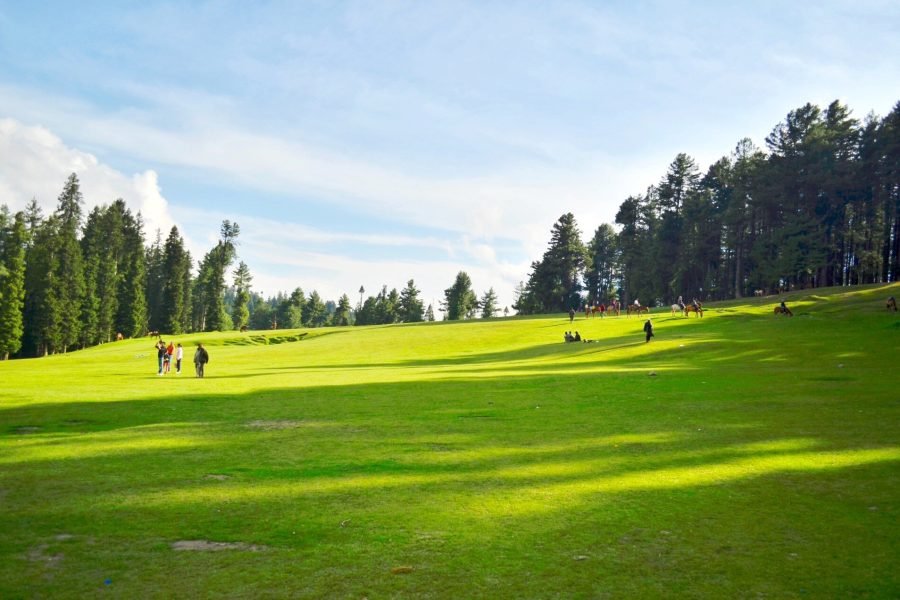
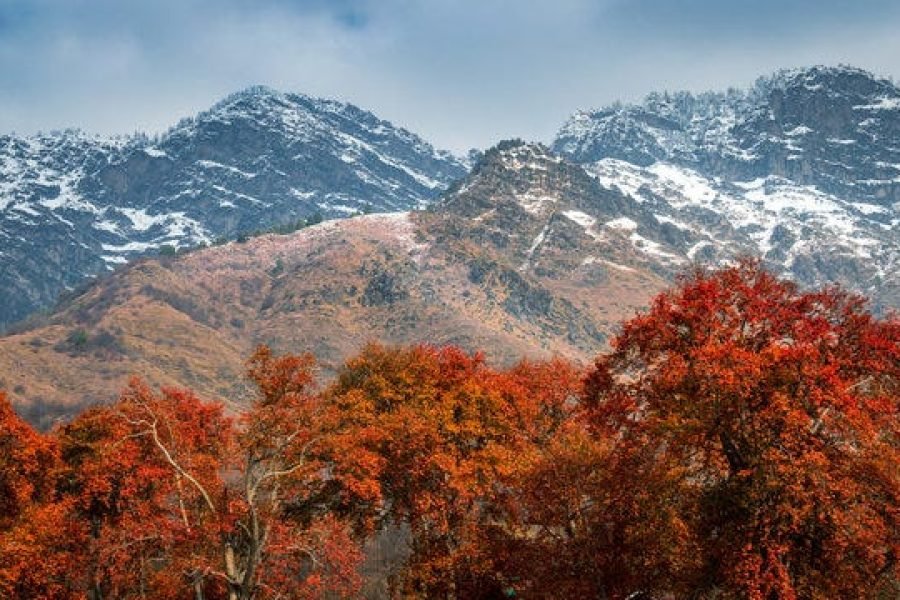
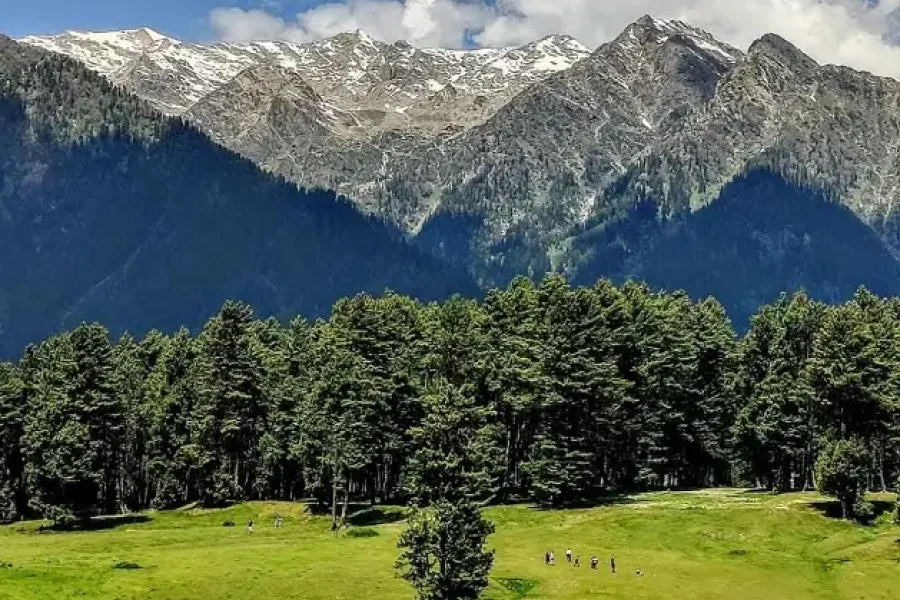
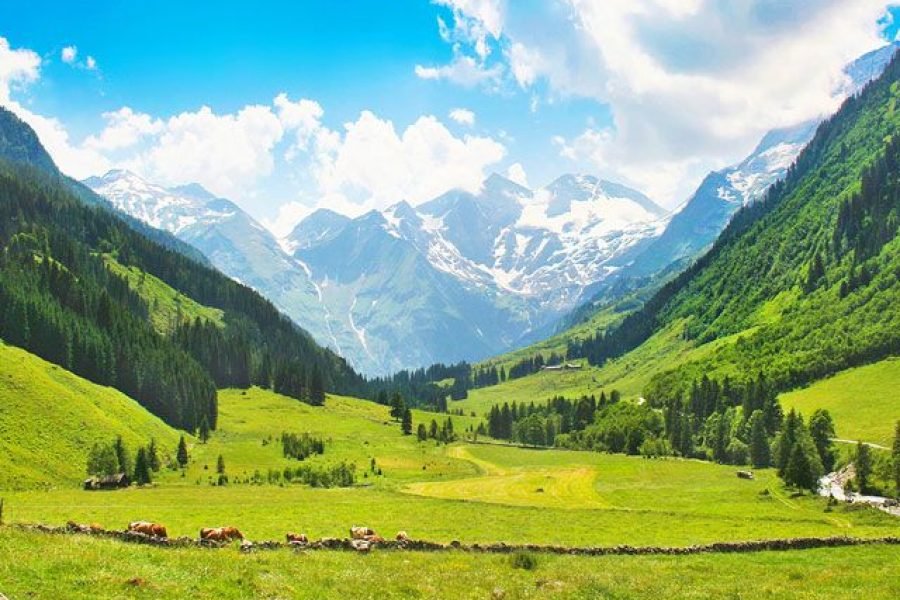
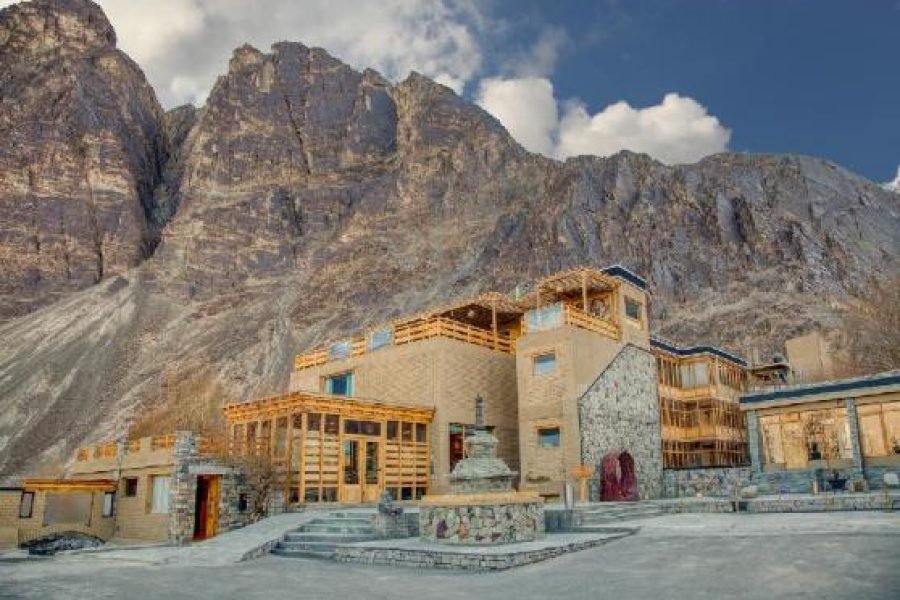
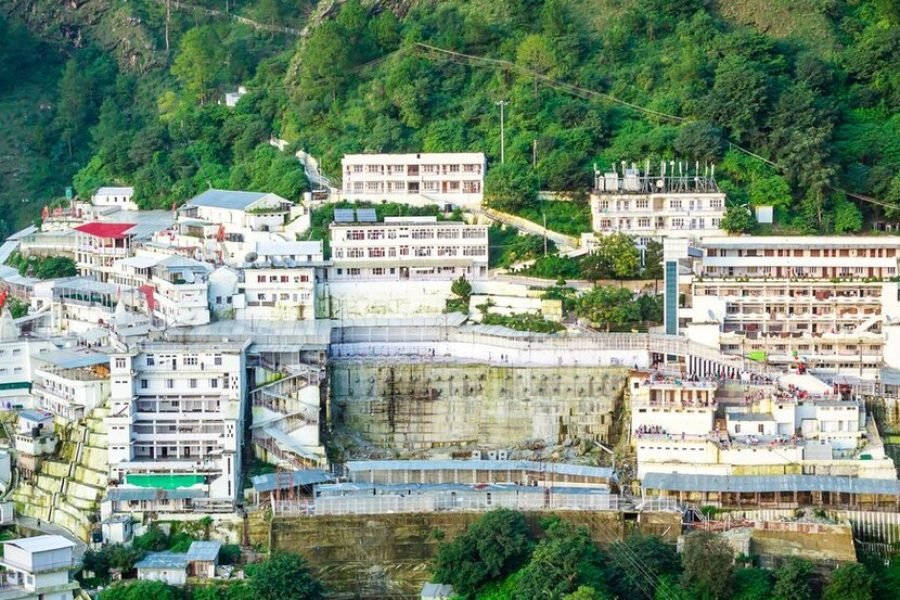
0 Comment